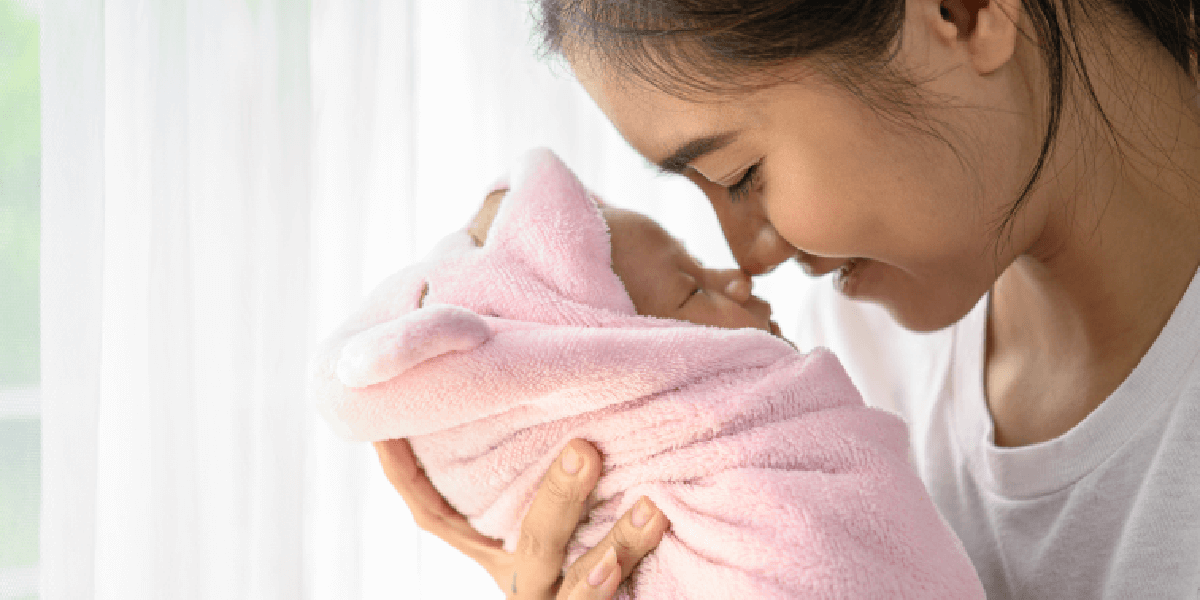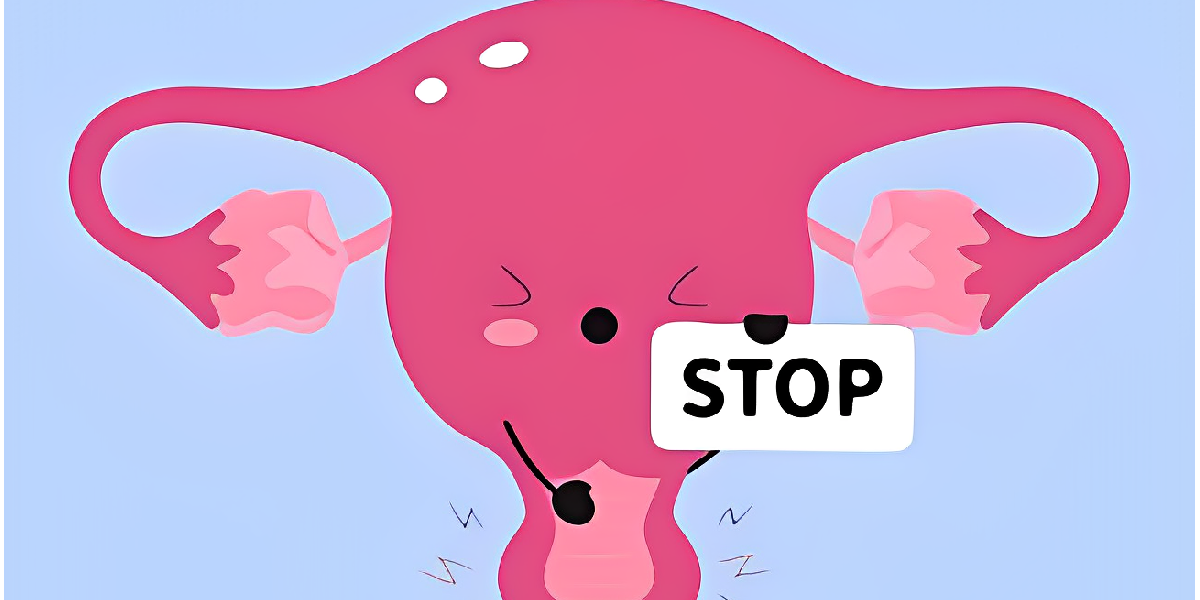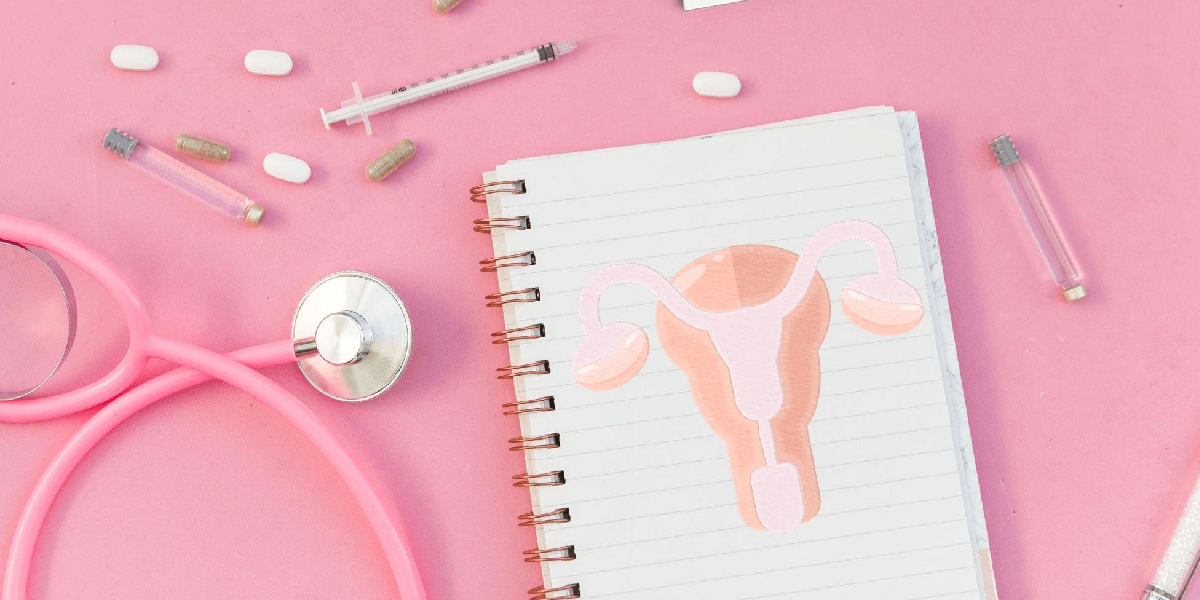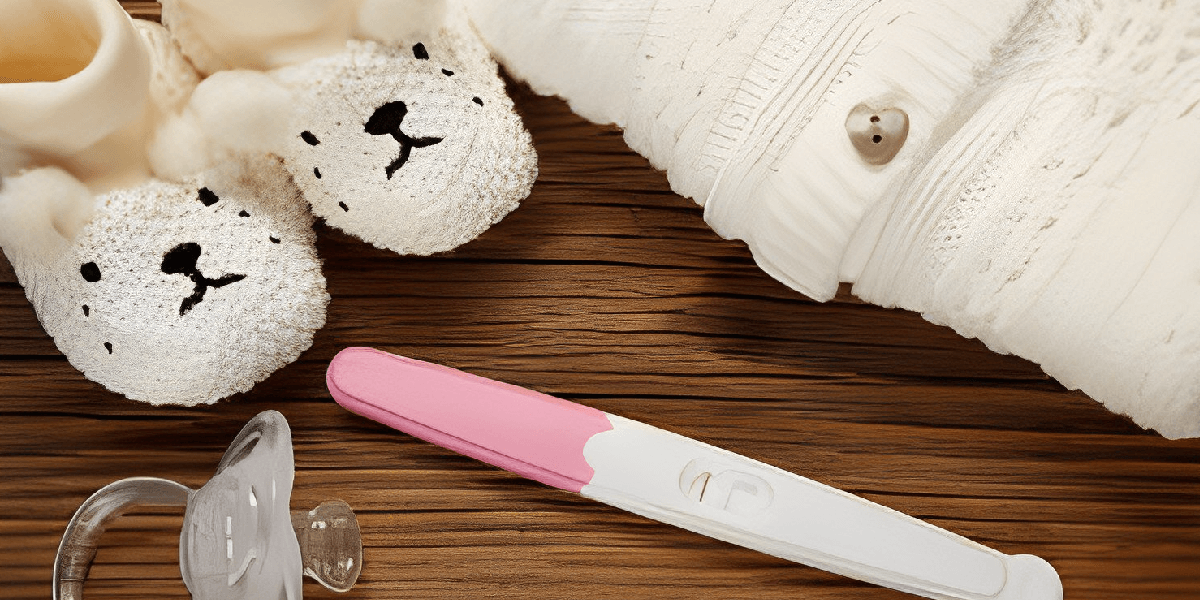© Copyright 2018. All Rights Reserved.
An introduction:
It is a dream of many women to be able to conceive and start a family. Many couples, however, face unforeseen challenges through infertility as they journey towards parenthood. A multifaceted and emotionally draining problem, female infertility affects millions worldwide.
Infertility in women: a definition
Women who are incapable of conceiving after a year of regular, unprotected sexual activity are diagnosed with female infertility. There are challenges involved in maintaining a pregnancy beyond simply not being able to get pregnant.
Causes and Effects
Female infertility is caused by several factors. In some cases, hormonal imbalances, which are often linked to conditions like Polycystic Ovary Syndrome (PCOS) or thyroid disorders, can disrupt ovulation. There can also be difficulties conceiving due to endometriosis, a condition where tissue similar to the uterine lining grows outside of the uterus. Obstacles to reproduction, such as clogged fallopian tubes or uterine abnormalities, can also arise due to structural issues.
Aspects of age and fertility
Female fertility is strongly influenced by age. A woman's fertility declines as she ages due to decreased quantity and quality of eggs. Fertility declines significantly after 35 and is more pronounced in women who are over 35.
Impact on Emotions
Infertility takes a heavy emotional toll on couples. Feelings of frustration, anxiety, and depression might result from longing for a child and the stress of failed attempts. Seeking support from loved ones or professionals is crucial when you're experiencing these emotions.
Diagnosing and treating
An important aspect of infertility is consulting a healthcare professional. Testing for hormonal imbalances, imaging studies, and specialized procedures can determine the cause of the problem. In vitro fertilization (IVF) or intrauterine insemination (IUI) are advanced assisted reproductive technologies (ART) that can assist ovulation and correct anatomical problems.
Changing lifestyles
Lifestyle changes can also affect fertility, in addition to medical interventions. In order to improve reproductive health, it is important to maintain a balanced diet, engage in regular exercise, relax and reduce stress.
A Journey's Navigator
Remaining resilient and hopeful during the infertility journey is important. There are many options available for those who want to start a family today, despite the fact that each person's experiences are unique, and that some may face more obstacles than others.
Women's Infertility Causes
Often, women face unexpected obstacles when trying to become parents, and infertility is one of these obstacles. Women who are unable to conceive after regular, unprotected intercourse can be negatively affected by a number of factors, which contribute to the complexity of this problem.
Imbalances in hormones
Female infertility is primarily caused by hormonal imbalances. It has been established that disruptions in the delicate balance of reproductive hormones, including follicle-stimulating hormone (FSH), luteinizing hormone (LH), estrogen, and progesterone, can impair fertility.
PCOS (Polycystic Ovary Syndrome)

Women of reproductive age are more likely to suffer from PCOS, a hormonal disorder that manifests in irregular periods, high levels of male hormones (androgens), and ovaries filled with cysts. It may be difficult to conceive when these factors interfere with ovulation.
Inflammatory endometriosis

It is commonly accompanied by pain in the pelvis and infertility because tissue similar to the uterine lining grows outside the uterus. Ovaries and fallopian tubes can be infected with endometrial tissue, which can impede natural conception.
Issues with fallopian tubes

Fallopian tubes can become obstructed or damaged, preventing fertilization between sperm and egg. These tubes can be compromised by causes like pelvic inflammatory disease (PID), surgeries in the past, or pelvic adhesions.
Decline with age
Fertility declines with age for women. Ovaries produce fewer and lower-quality eggs, so there is a decline in fertility. Miscarriages are more likely to occur with advanced maternal age due to reduced fertility.
Various other factors
A significant role is also played by lifestyle factors. Several factors such as smoking, excessive alcohol consumption, stress, obesity, and poor nutrition can negatively impact fertility.
Recognizing Telltale Signs
For many women dreaming of motherhood, the path to conception may not always be straightforward. Female infertility, a condition affecting a significant number of women worldwide, can present itself with various symptoms, often indicating underlying issues hindering conception.
Irregular Menstrual Cycles

One of the primary signs of potential infertility is irregular menstrual cycles. Consistently irregular periods, cycles shorter than 21 days or longer than 35 days, or periods that are unusually heavy or scanty might suggest hormonal imbalances or problems with ovulation.
Painful Periods

Experiencing severe menstrual cramps or pelvic pain during menstruation, known as dysmenorrhea, could signal conditions like endometriosis or pelvic inflammatory disease (PID), both of which may impact fertility.
Hormonal Imbalances
Hormonal fluctuations can manifest in various ways. Changes in skin texture, excessive hair growth (hirsutism), or sudden weight gain or loss might indicate hormonal irregularities affecting fertility.
Pain During Intercourse
Pain or discomfort during sexual intercourse, known as dyspareunia, might be an indication of an underlying issue such as endometriosis, pelvic adhesions, or infections, potentially impacting fertility.
Lack of Pregnancy After Attempted Conception
The inability to conceive after actively trying for a year or more without success is a primary symptom of infertility. While this doesn’t directly manifest as a physical symptom, it is a significant indicator that warrants investigation into potential fertility issues.
Other Indicators
In some cases, symptoms like breast discharge unrelated to breastfeeding, changes in libido or sexual desire, or sudden changes in body temperature might also point towards underlying fertility issues.
Seeking Professional Evaluation
Recognizing these potential symptoms is the first step towards addressing infertility concerns. Consulting a healthcare professional is crucial for accurate diagnosis and appropriate guidance. Specialists may conduct hormone evaluations, pelvic exams, imaging studies, or specialized tests to pinpoint underlying issues
Examining treatment options
Women facing infertility may have to explore a variety of treatments to reach parenthood, and this can present unexpected challenges. Despite its complexity, there are many treatments available to improve chances of conception, addressing underlying causes.
Options for treatment
Health professionals should be consulted when facing infertility. Diagnoses enable tailored treatments that address specific fertility problems by understanding the underlying causes.
Ovulation stimulant medications
Some medications may be prescribed to women with irregular ovulation or hormonal imbalances, such as Clomiphene citrate (Clomid) or Letrozole (Femara). Ovulation is stimulated and menstruation is regulated through these medications, which increases the chances of conception.
Therapy with hormones
A hormonal imbalance can have a significant impact on fertility. Reproductive hormones are rebalanced using hormone therapy for issues such as irregular periods and ovulation problems.

Interventions in surgery
A surgical procedure may be recommended when there are structural abnormalities or blocked reproductive tubes. An intervention like this aims to correct issues like uterine fibroids, fallopian tube blockages, or endometrial polyps.
ART (Assisted Reproductive Technologies)
If other treatments aren't working, assisted reproductive technology can aid in conception. The in vitro fertilization method involves retrieving and fertilizing eggs outside the body before transferring the embryos to the uterus. During ovulation, intrauterine insemination (IUI) involves placing sperm directly into the uterus, increasing the likelihood of fertilization.
Freezing of eggs
Egg freezing offers a viable option for women undergoing medical treatments that may negatively impact fertility or who are concerned about age-related fertility decline.
Modifications to lifestyle
Lifestyle changes can complement medical interventions in affecting fertility. The health of the reproductive system can be improved by eating a balanced diet, exercising regularly, using stress management techniques, and avoiding harmful habits like smoking or excessive alcohol consumption.
Providing emotional support
It is difficult to deal with infertility on an emotional level. During this difficult time, it can be valuable to seek support from loved ones, join a support group, or seek counseling for emotional support.
Lastly,
Various factors can contribute to female infertility, which can have emotional implications. In order to manage and potentially overcome infertility challenges, it is necessary to understand the underlying factors, seek professional guidance, and explore suitable treatments. The journey to becoming a mother can be navigated and achieved by many women with support, determination, and access to appropriate resources.
Recent Post
-

Intrauterine insemination (IUI) Success Tips: Enhance Your Fertility
-

The Connection Between HCG Hormone and Pregnancy: Explained in detail
-

Conquering Asthenozoospermia: Strategies for Male Fertility Success
-

Embracing Sensuality with Vaginismus: Strategies and Support
-

Understanding Endometriosis: Symptoms, Causes & Management | Guide





